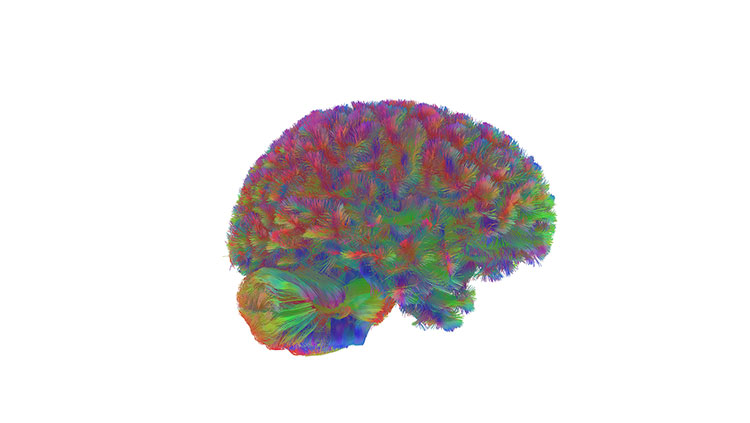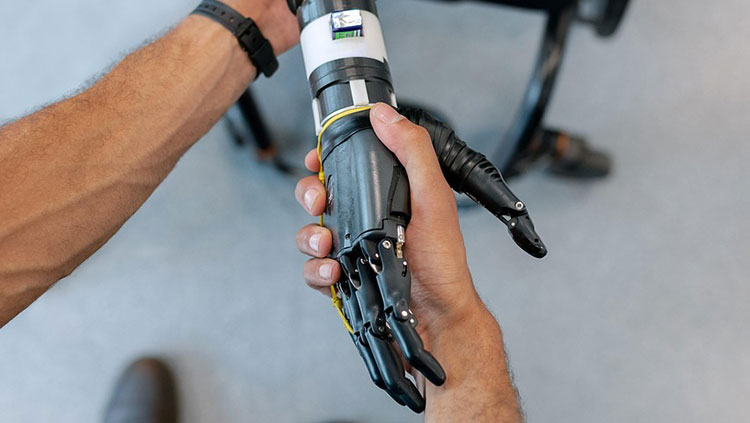ICYMI: New ALS Treatment Shows Promise
- Published10 Sep 2020
- Author Alexis Wnuk
- Source BrainFacts/SfN

These were the top neuroscience stories for the week of August 31, 2020.
New ALS Treatment Shows Promise
A new drug may slow the progression of paralysis in people with amyotrophic lateral sclerosis. In the September 3 issue of The New England Journal of Medicine, researchers reported that over six months, the 89 patients who received the drug experienced slower declines in physical function than the 48 who received a placebo. The treatment is a combination of two drugs: taurursodiol — a chemical found in bile acid — and sodium phenylbutyrate, a drug used to treat certain metabolic disorders.
Big picture: There are only two FDA-approved drugs for ALS, neither of which halts or reverses the progressive degeneration of motor neurons seen in the disease. The new drug — called AMX0035 — is believed to protect neurons by supporting two organelles vital for neuronal health, mitochondria and the endoplasmic reticulum.
Read more: 2 College Students Dreamed Up an A.L.S. Treatment. The Results Are In. (The New York Times)
How Space Changes Astronauts’ Brains
Learning how to move around in a zero-gravity environment takes time and practice — it may also rewire the brain. Researchers reported September 4 in Science Advances that spending time in space changes the parts of the brain controlling movement. The team scanned astronauts’ brains before and shortly after their stints in space, and then again seven months later. Space travel increased the amount of white matter — the insulated nerve tracts connecting parts of the brain — in the cerebellum, a key region involved in balance and fine motor control. It also increased white matter in the primary motor cortex, which plans and executes movements. Gray matter — the brain tissue containing neuron cell bodies and synapses — increased in the basal ganglia, a set of structures that help initiate and coordinate movement.
Related: ICYMI: Space Travel Increases Brain Volume in Astronauts
Read more: Scans reveal how brain adapts to life in space (The Guardian)
CONTENT PROVIDED BY
BrainFacts/SfN
Also In Neuroscience in the News
Trending
Popular articles on BrainFacts.org


















